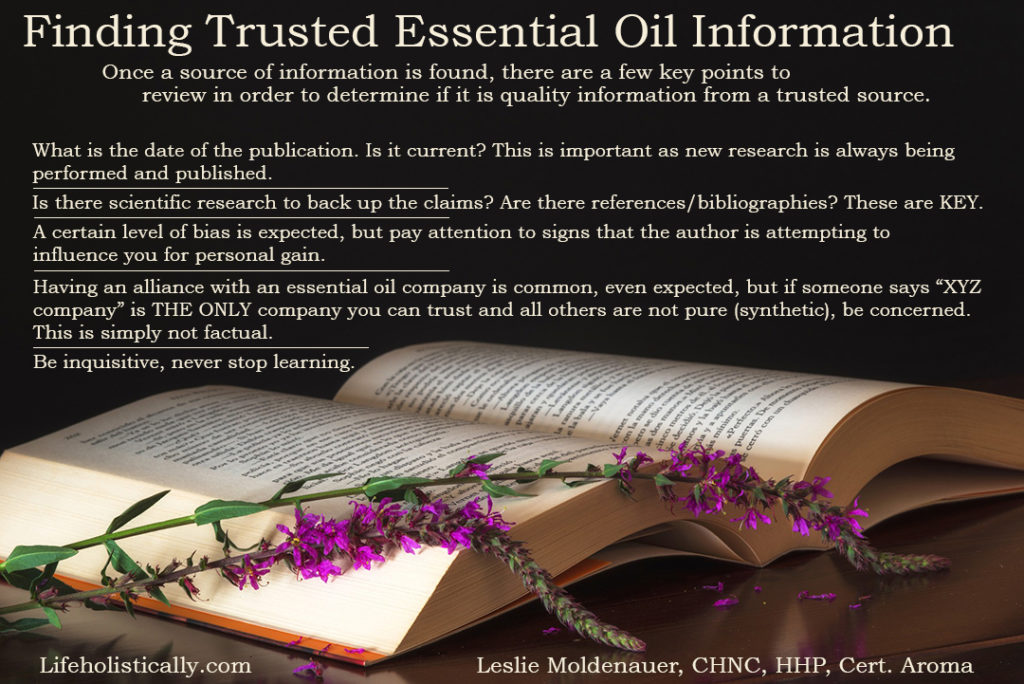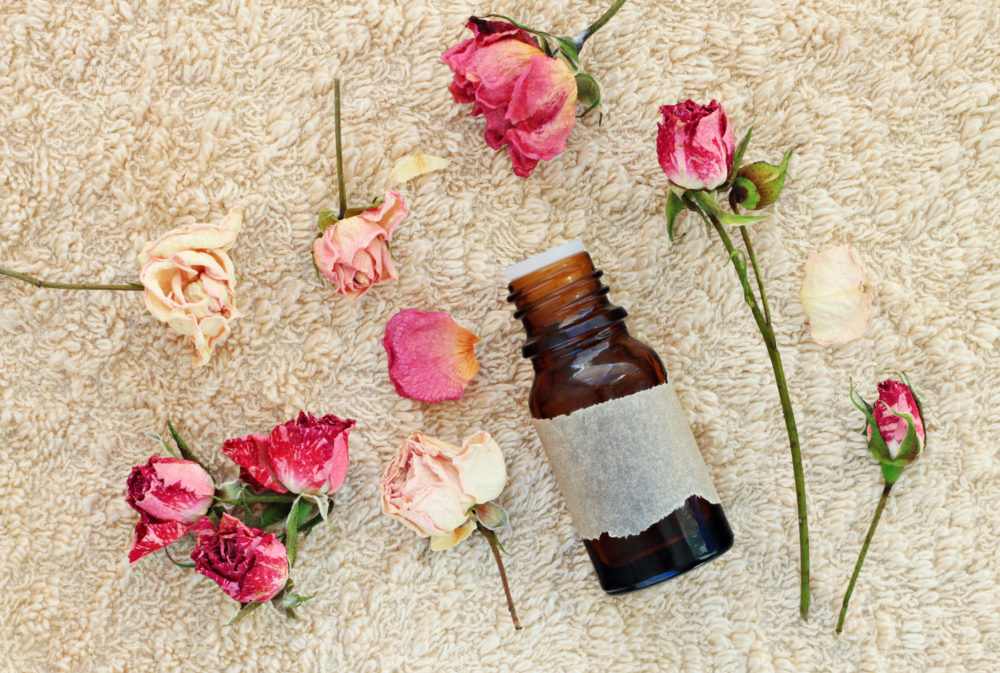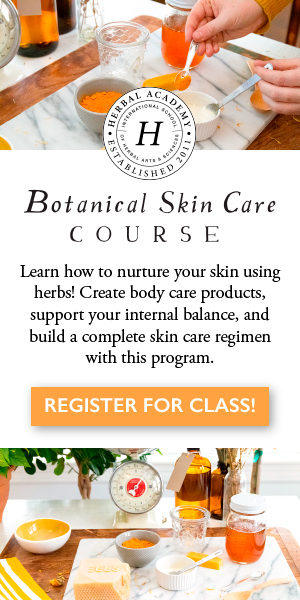Aromatherapy, not “always or ever”, not “black and white”. What do I mean by that? A quick visit to social media can leave a home user dizzy with information, much of it is erroneous; hearing statements like never use on babies, never take internally, and always dilute are commonplace.
I understand that some professionals are making attempts to keep the home user safe, as well as keeping children from being exposed to neat oils at a very early age among other things. Let me assure you, I share that concern, as they are valid. However, the fear that is being instilled in statements like “Oh my, you should never do that”, is not helping anyone.
To be fair, it can be a difficult task to find quality, reliable information on the Internet surrounding the art and use of aromatherapy. I have taken to speaking about safety often for this very reason. I have extended knowledge in my field, and to some, my education may not have even scratched the surface.
There is one that I am sure of, that the professionals in the field of aromatherapy have a few things in common:
- We want to help you. We decided to go into the field of aromatherapy as we are healers in our own right. This is our passion, and our mission statements may vary, but have one common thread: “First do no harm”.
- Learning is ongoing. We do not have all the answers but are always seeking them. We all want to be experts in our craft.
- We all believe in the magic and powers of essential oils, and have seen firsthand how they can help in a variety of situations.
Now our approach may not all be the same. And even more importantly, our education is not all the same: different institutions, different amount of hours, a different focus or niche among other things. This can be problematic. Therefore, it is important for you, the end user, to do your own research. At the very least ask the aromatherapist what their credentials are, and ask for resources to back up what they are telling you. When my clients ask for these things, I am more than happy to oblige. I would expect you to do the same thing if it were a pediatrician or psychologist. Every single one of us in every aspect of our lives is “practicing”, whether we are a professional, a parent, or a friend. A good rule of thumb is utilizing what works and discarding what doesn’t.

Never Examples
My first example of a “never” statement is telling others to NEVER take oils internally. This is not helping anyone. What should be discussed is how to do so safely and when does it make sense to do so. For the record, it is not in water, or neat under your tongue. Follow this link for more.
Another example is NEVER using essential oils on babies. This is not looking at the big picture. Some will tell you no oils before two years of age, some say no oils before five years of age, some say no oils before 10. Based on scientific research (key term here) this is what we do know:
**Oils should typically be avoided topically for infants and small babies under a few months of age. The reason for this is their integumentary system (skin) does not mature until then and using oils topically (even when diluted) can increase the risk for adverse reactions and set them up for possible sensitization.
**There is a pretty extensive list of oils that should not be used “dermally” under two years of age. This does not imply the statement above of “no oils under two”.
(Please reference Robert Tisserand’s Essential Oil Safety 2e for the details)
**Babies and children ARE much less equipped to handle certain essential oils topically, due to immature livers and detoxification systems. Less is more, the gentle way first utilizing herbs and hydrosols, are things that I agree with. This is the reason why many recommend speaking to a professional. It should not be to induce fear, but to empower you to know the right way, period.
**Last example in regards to children: NEVER use eucalyptus essential oil under the age of 10. This is a fear based statement and not all that accurate, BUT there are precautions to know about and be cognizant of. According to Robert Tisserand, this oil (high in 1,8 cineole) should be kept away from the face for children under 10 years of age, especially for those children that are susceptible to issues such as seizures or have other CNS weaknesses. This does not mean NEVER, it means you need to know what you are doing (Source)
Always Example
ALWAYS dilute. On social media, this may be the best way to keep the general population safe as SO MANY are recommending neat use. It is not an always statement. All aromatherapy professionals know that there can be a time and place for undiluted oils. A better statement would be: It is very important to know when and where to apply oils undiluted and to know which oils carry a high risk of irritation/sensitization. If you do not know how to safely navigate this for yourself, you are better off diluting everything you apply topically. This is especially the case for children. Please do not take this kind of advice from someone that is not educated. Sensitization is real, it does happen, and it is ugly.
In Conclusion
Aromatherapy is simply not black and white, and nothing is always or never. Safety should always be the first consideration, and everyone has his or her different way of handling it. If you can do one important thing here for yourself, it is to do your due diligence and find out the facts, with CREDIBLE resources. While essential oils should not be feared they should be respected, researched, and used properly to ensure the safety of the individuals using them.
Like so many practices in life I encourage you to become educated on the proper use of essential oils. When using them, please do so cautiously, understanding that there is often misinformation on the Internet. You can be assured that I support only educated and proven resources. While essential oils should not be feared they should be respected and used properly to ensure the safety of the individuals using them. Please note that I am not a medical practitioner. The content of the website is provided for general informational purposes only and is not intended as, nor should is be considered a substitute for, professional medical advice. Do not use the information on this website for diagnosing or treating any medical health condition. If you have, or suspect you have a medical problem, promptly contact your professional healthcare provider. By using this website, you assume full responsibility and liability for your own actions.




